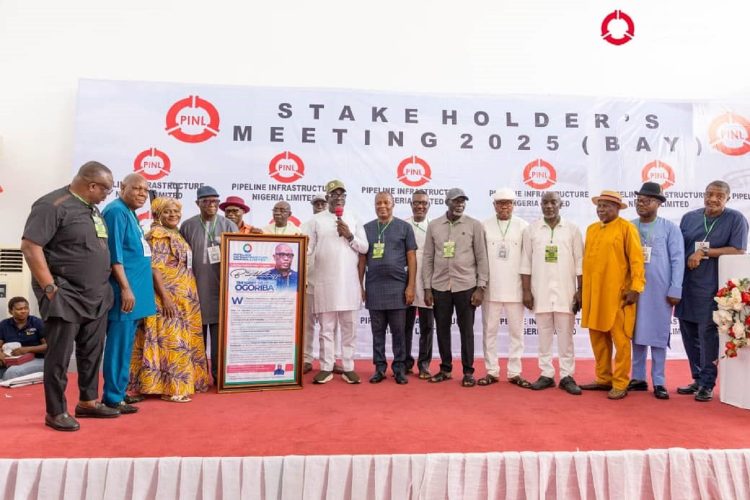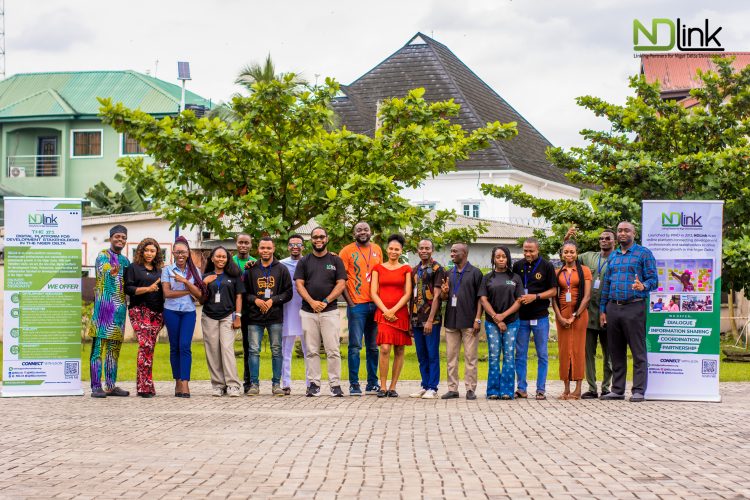The BusinessGreen Guide to the SDGs: SDG7 – Affordable and Clean Energy
October 10, 2018My name is Girl, Female, Woman
October 11, 2018Taxation and not-for-profit organisations (NFPOs)
By Wole Oluyemi and Kemi Adedoyin
Not-for-Profit Organisations (NFPOs) are the third sector of the economy in Nigeria and it is mostly neglected compared to the public and private sectors that have received a lot of recognition amongst people.
The main aim of the social sector is to achieve social development that is, providing basic needs to the people.
Not-for-Profit describes a type of organization that does not earn distributable profits for its promoters, the trustees.
All of the money earned by or donated to a not-for-profit organization is used in pursuing the organization’s objectives.
There has been some general misconception that NFPOs are fully exempted from taxation in Nigeria.
The Nigerian tax laws do not necessarily exempt NFPOs from paying taxes. Rather, they recognize NFPOs as not-for-profit entities which are therefore exempted from paying income tax.
Section 23(1) of the Companies Income Tax Act (CITA) Cap C21 LFN 2004 (as amended) states that the profit of any statutory, charitable, ecclesiastical, educational or other similar associations are exempted from companies income tax obligation provided such profits are not derived from any trade or business carried on by such an organization or association.
However, where the NFPO engages in any trade or business, the profit derived there from will be subjected to income tax as provided for in the Act.
There is a deliberate emphasis in CITA on the “profit(s)” generated by NFPOs from their core objective rather than the NFPO as an entity.
This means that the entity itself doesn’t enjoy tax immunity; only the profits from their core activities are exempted.
Beyond income tax for the NFPO as an entity, there are payroll and withholding tax obligations.
Those are not covered by any exemption. NFPOs employ staffs that are entitled to remuneration.
ALSO READ: PIND to amplify voices of rural women farmers at International Women’s Day event
It is the duty of the employer to deduct PAYE at source from employees’ remuneration and remit same to the relevant tax authority.
The directors, managers and other employees of these organisations are taxable. PAYE tax deduction and monthly remittances are required with annual returns expected from both the employer and employees.
NFPOs also engage vendors and service providers to render various services. There are withholding tax obligations from such relationships.
The fact that a NFPO enjoy tax exemption for its own income does not extend to its obligations with respect to withholding taxes. Appropriate withholding taxes should be deducted from fees payable to the service providers.
NFPOs are also expected to pay Value Added Tax (VAT) on goods and services consumed except those purchased exclusively for its humanitarian donor funded projects or activities, except if such products or services are specifically exempted from VAT or enjoys a Zero % VAT.
If an NFPO is involved in any trade or business activities, monthly VAT returns must be filed, in addition to the statutory annual tax returns.
As already suggested above, NFPOs, like profit-oriented companies, are expected to prepare and submit annual income tax returns to FIRS.
This seems logical as tax is chargeable where a NFPO derives profits from other business-related activities.
NFPOs are not exempted from filing tax returns, even where they have earned income from sources that are exempted from tax only.
There is a difference between paying taxes and obligation to file annual tax returns.
Section 55 of CITA specifically made it clear that ALL companies are to file returns irrespective of tax exemptions conferred on their income.
Nigeria needs every organization to play its part as responsible corporate citizens. Paying taxes is a constitutionally imposed obligation. We all need to ensure continued compliance.
The above article was co-authoured by Wole Oluyemi and Kemi Adedoyin. Wole Oluyemi is a chartered accountant and business advisor, with special interests in SME businesses, strategy, finance and tax.
He is also a doctoral researcher at Cranfield University (UK) with research focus on corporate political strategy. He can be reached at @WoleOluyemiCo on Instagram, Twitter and FaceBook.KemiAdedoyin, the co-author, is a chartered accountant and is a senior tax associate at the Lagos office of Roedl& Partner.
Culled From – TheGuardian








